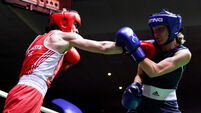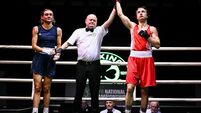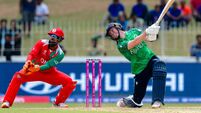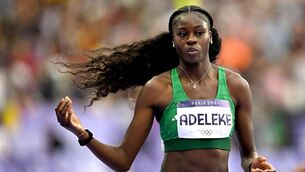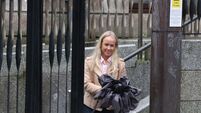Olympic bronze medallist Aidan Walsh 'at peace' with retirement after career of struggles outside the ring
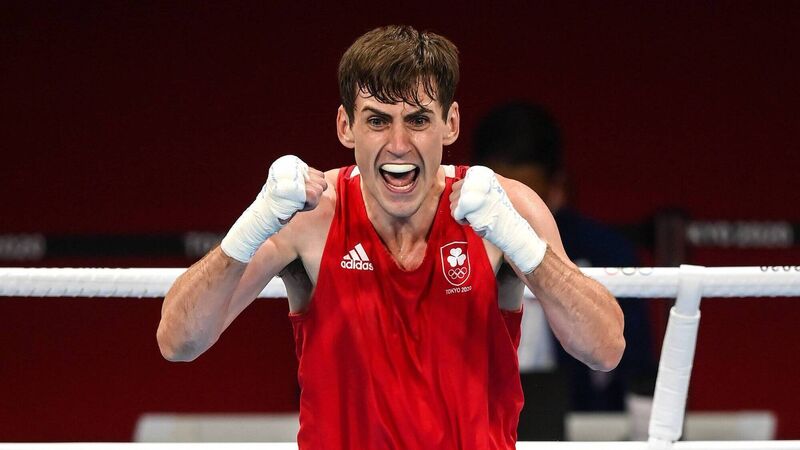
Aidan Walsh won a bronze medal for Ireland at the Toyko Olympics. Pic: Stephen McCarthy/Sportsfile
Aidan Walsh has called time on a boxing career that delivered Olympic bronze in Tokyo, two Commonwealth Games medals and a host of conflicting emotions laid bare in a raw and honest interview on Monday.
Still only 28, the Belfast man had previously cut the cord on his time between the ropes for a 14-month spell before returning and qualifying for the Paris Games. He has no intention of doubling back now. Not this time.




